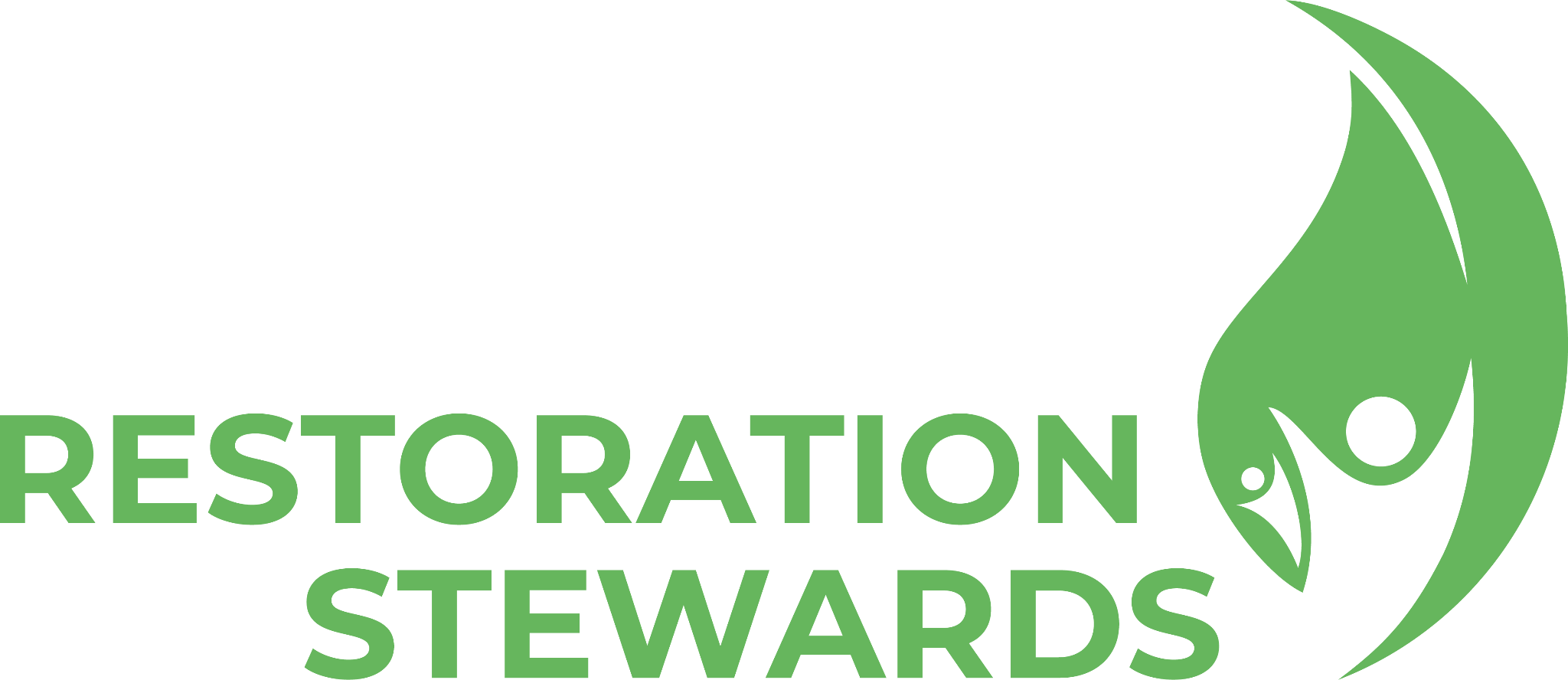Land degradation – and its possible solutions – in Kuku Group Ranch
Land degradation is one of the biggest challenges in conservation, as it affects wildlife, livestock, and human beings. If no intervention is implemented, the situation tends to worsen and impair conservation efforts, as well as impact the life of the people living in that ecosystem. The Kuku Group Ranch is facing land degradation across various fronts.
The Maasai Wilderness Conservation Trust (MWCT) has taken up the challenge of reversing land degradation in this area, by providing the Maasai community of Kuku Group Ranch with sustainable solutions to help restore their degraded lands for the wellbeing of current and future generations.
In this blog post, I would like to share a little bit more about some of the threats that the Kuku Group Ranch is facing, and how MWCT is intervening to address these.
Threats
- Overgrazing – The Maasai communities are pastoralists with very large herds, which results in severe pressure on the land and soil.
- Population growth – An increase in the number of people living in the area has also resulted in degradation.
- Deforestation and land fragmentation – Clearing bushes and cutting down trees, to make space for farming and new settlements, is also leading to increased degradation.
MWCT Interventions
Monitoring – Before initiating each project, we conduct a series of community meetings with the group ranch leadership and community. In an effort to protect the existing natural resources, MWCT has employed community rangers to prevent illegal activities like charcoal burning. All monitoring efforts are made in collaboration with the grazing committee, a group of trusted community members who make plans on grazing to ensure that livestock get pasture throughout the year with minimum degradation impact on the land.
Education and awareness-raising – MWCT is carrying out education and health programs to raise community awareness on the importance of conservation and high-quality livestock (keeping fewer livestock that are healthier and stronger – quality over quantity). We believe in the importance of educating the future generations of leaders, and that is why our programs are mainly targeted at young people. Through community education practices such as outreaches and educative sessions, we provide families with knowledge and information on family planning options (such as contraception) to raise awareness about the importance and advantages of having a manageable (smaller) family. The livelihood team, in collaboration with the education and health teams, conducts monthly outreaches to the various villages and schools around the group ranch. On average, 30 women and 10 men attend these meetings in each location. When the team goes to a school for an educational session, they usually reach up to 100 students, both boys and girls.
MWCT also conducts community training on restoration, and facilitates horizontal learning trips to other parts of the country for community members to learn about sustainable animal husbandry. For instance, we regularly encourage the women’s group from one end of the group ranch to visit another women’s group, to discuss and assess successes and challenges, and explore how to start grass seed banks and run them effectively. Another horizontal learning trip included sending over 100 community members to another group ranch to see the advantages of having smaller and healthier livestock herds.
Alternative livelihoods – Through its work, MWCT is not only restoring the land, but it is also providing additional employment opportunities for the local Maasai community. Other conservation incentives like carbon offsetting projects also offer further opportunities (for instance, through the REDD+ carbon project, we are able to employ locals and improve infrastructure, thus demonstrating some of the advantages of restoration incentives). Such initiatives motivate locals to take care of their natural resources and gain economic benefits in return. In collaboration with organizations such as Justdiggit, MWCT has established sustainable restoration-oriented business projects such as grass seed banks and water bunds, with the objective of not only improving the economic standards of the people, but also restoring the land.
Grass seed banks assist in restoration by planting out and protecting indigenous grass species on overgrazed areas. So far, MWCT has supported five women’s groups to establish grass seed banks.
With the support of GLF, the women who run the Moilo Grass Seed Bank will be able to do more training with the community, demonstrating how to establish grass seed banks and sharing some of the opportunities in restoration. The women’s group also intends to plant more trees in the area, in collaboration with the local school and community.



